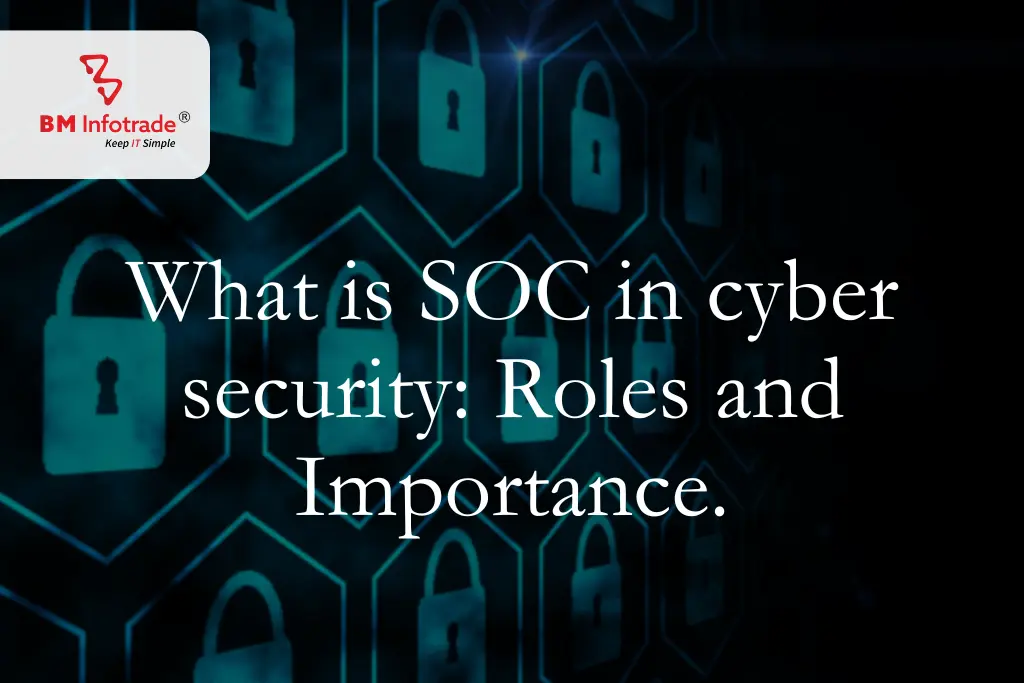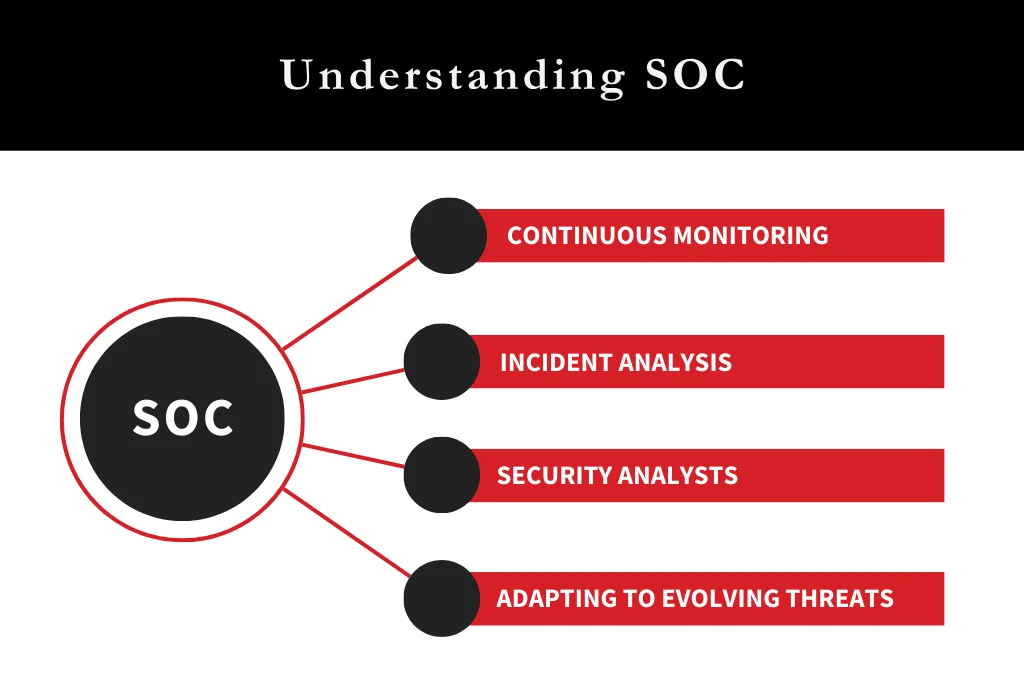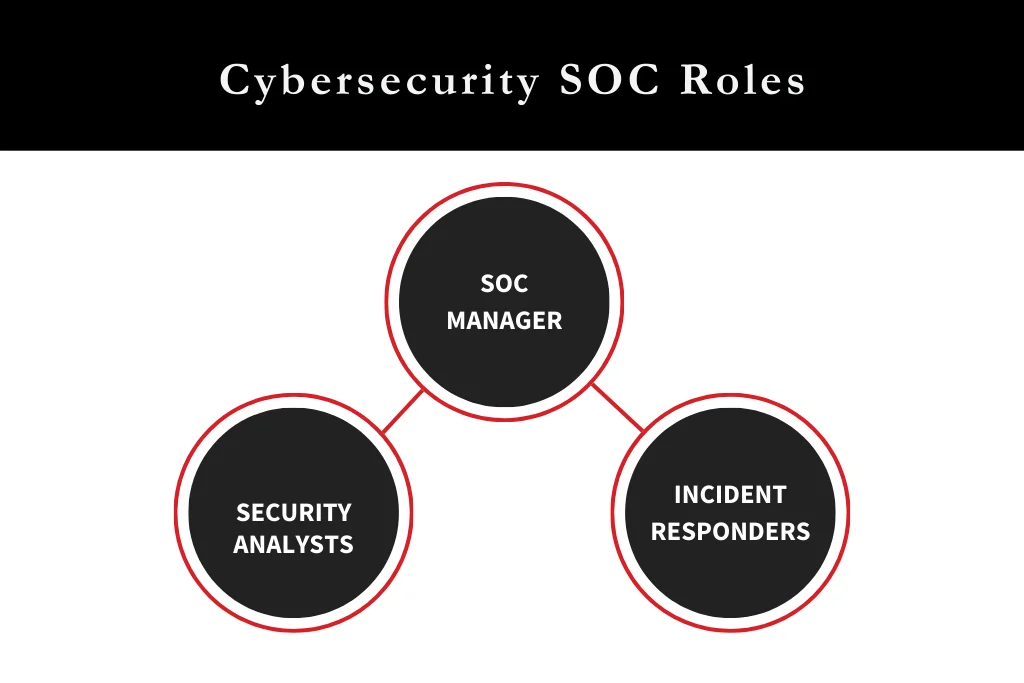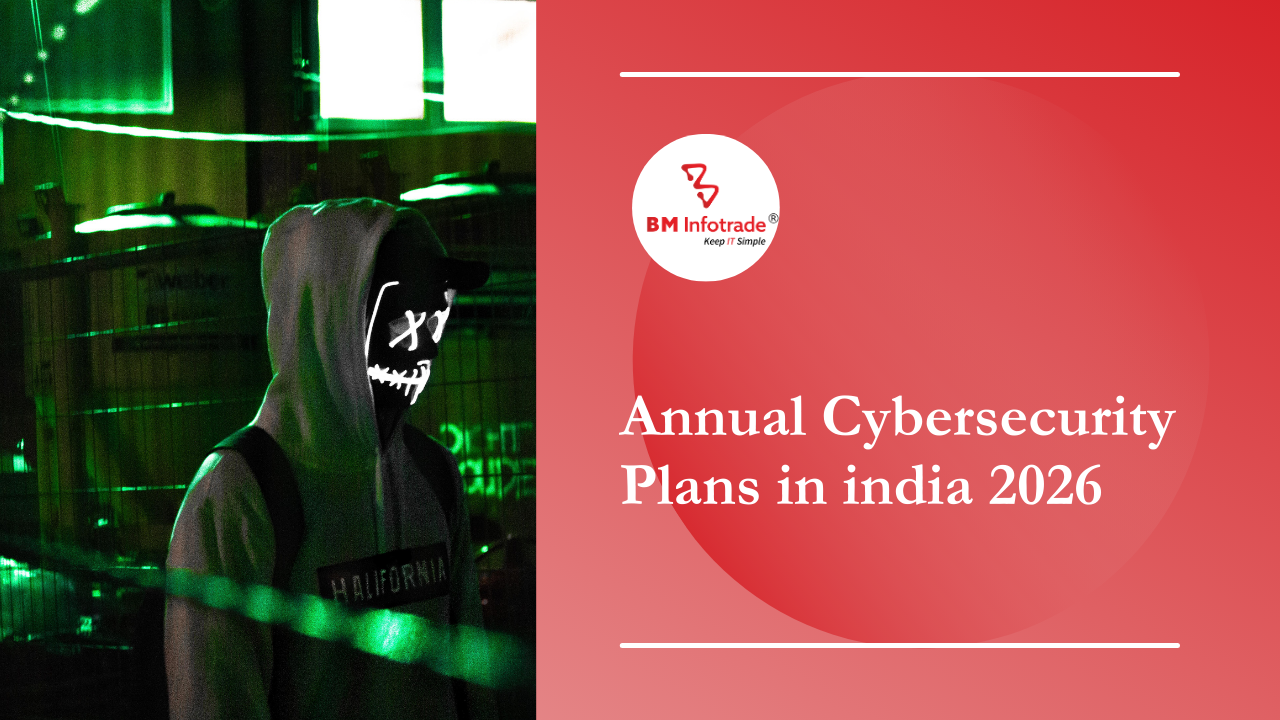What is soc in cyber security: Roles and Importance.
What is SOC in cyber security: Strong cybersecurity measures are urgently needed as our digital environment keeps changing.

What is soc in cyber security: Roles and Importance.
Table of Contents
- Understanding SOC
- Key Roles in a SOC
- Importance of SOC in Cyber Security
- SOC Operations
- Challenges in SOC Operations
- Future Trends in SOC
- Conclusion
- FAQs
- What is the primary purpose of a Security Operations Center (SOC)?
- What are the key roles within a SOC, and what are their responsibilities?
- How does a SOC contribute to early threat detection and prevention?
- What challenges do SOC operations commonly face?
- How can organizations benefit from implementing a SOC in their cybersecurity strategy?
What is SOC in cyber security: Strong cybersecurity measures are urgently needed as our digital environment keeps changing. Organisations are increasingly in danger of security breaches due to the sophistication of cyber threats. Security Operations Centres (SOCs) have become essential tools for protecting sensitive data and digital assets in response to this constant threat. This blog seeks to clarify the complexities surrounding SOC in cyber security by exploring its core ideas and illuminating the crucial functions, importance, and processes that characterise its efficacy.
The foundation of current cybersecurity strategies is Security Operations Centre fundamentals. A SOC's primary function is to act as the central nervous system, actively tracking, identifying, and handling security events. The phrase "security operations centre" refers to a collection of fundamental tasks and procedures intended to strengthen a company's defences against online attacks. We will examine the core responsibilities and roles of a SOC in this blog article, analysing their significance for upholding a robust security posture. Come along on this adventure to understand the complex world of SOC, where the continuous fight against cyber enemies depends on alertness, knowledge, and quick thinking.
Understanding SOC
A. Cybersecurity SOC Roles
Definition of SOC: An organization's IT infrastructure is proactively monitored and protected against cyber threats by a Security Operations Centre (SOC), a centralised unit. When it comes to carrying out the SOC's main goals, cybersecurity SOC roles are essential.
Core Functions and Responsibilities:

Continuous Monitoring: In order to quickly identify potential security incidents, cybersecurity SOC roles encompass real-time network, system, and application surveillance.
Incident Analysis: Within a SOC, proficient cybersecurity analysts carefully examine and rank security events, determining their level of seriousness and possible effects on company resources.
Threat Hunting: Proactive threat hunting is another aspect of SOC duties where security experts actively look for and detect any dangers that automated systems can miss.
B. Security Operations Center fundamentals
1. Evolution of SOC: Cybersecurity SOC roles have changed over time to address the dynamic challenges offered by cyber threats, adjusting tactics and technologies to keep one step ahead of the competition.
2. Importance in Response to Threats: A SOC's key functions in early threat identification, quick incident response, and ongoing improvement based on post-event analysis are among its core values. As a result, cybersecurity SOC roles serve as the foundation of a thorough cybersecurity strategy, ensuring that businesses are prepared to face the dynamic threat landscape.
Read more: SOC Interview Questions: What to Expect and How to Prepare in 2024
Key Roles in a SOC

A. Cybersecurity SOC Roles
Security Analysts
Responsibilities: The duties assigned to security analysts in a SOC include checking for security alerts, looking into occurrences, and putting appropriate responses into action.
Skillsets Required: For security analysts, critical thinking, familiarity with cybersecurity tools, and the capacity to decipher complex data interpretation are prerequisites.
Incident Responders
Role during a Security Incident: By containing, eliminating, and recovering from the impact of security incidents, incident responders are essential to their mitigation.
Importance in Threat Mitigation: Their prompt and resolute efforts have been crucial in mitigating the harm inflicted by cyber attacks.
SOC Manager
Leadership and Coordination: In addition to overseeing SOC operations and providing leadership, the SOC manager makes sure the team works effectively to solve security issues.
Decision-making in Critical Situations: SOC managers make critical choices under duress to direct the team's efficient response to security occurrences.
B. Cybersecurity SOC Roles
Adapting to Evolving Threats: Cybersecurity SOC roles are dynamic, adapting to new threats and technologies as they evolve, necessitating ongoing skill development and training.
Collaborative Team Efforts: To respond to security incidents in a coordinated and cohesive manner and build a robust cybersecurity defence, SOC roles must effectively communicate and collaborate.
Importance of SOC in Cyber Security
A. Early Threat Detection and Prevention
Proactive Monitoring: Because to SOC's ongoing monitoring, possible security concerns can be identified early and kept from developing into more serious events.
Timely Response: The impact of security incidents on organisational assets, data, and overall operations is reduced when prompt action is taken to identify and address them.
B. Incident Response and Mitigation
Rapid Incident Response: SOC is essential for coordinating an efficient reaction to security events and shortening the amount of time that threats remain on the network.
Mitigating Impact: SOC limits damage and expedites the return to regular operations by coordinating efforts to minimise the effects of security incidents.
C. Compliance and Regulatory Requirements
-
- Adherence to Standards: SOC operations make ensuring that businesses abide by cybersecurity standards and industry laws, protecting their brand and averting legal repercussions.
- Data Protection: Adhering to SOC procedures assists in fulfilling regulatory requirements.
safeguard sensitive data, maintaining trust with clients and stakeholders.
D. Safeguarding Sensitive Data and Intellectual Property
-
- Data Security: To preserve the integrity and confidentiality of vital assets, SOC's role in protecting intellectual property and sensitive data is essential.
- Business Continuity: Preserving confidential information and intellectual property helps maintain an organization's overall business continuity, which in turn strengthens the operations' long-term stability.
Read more: Why cyber security? Block the hackers, secure it, and lock it down.
SOC Operations
A. Continuous Monitoring
-
-
- Real-time Analysis of Security Alerts: In order to quickly identify potential threats and vulnerabilities, SOC performs continuous monitoring and analyses real-time security alerts.
- Proactive Threat Hunting: To improve the overall security posture, security experts actively seek out prospective risks that might not set off automated alarms. This practice is known as proactive threat hunting.
-
B. Incident Detection and Analysis
-
-
- Identifying and Prioritizing Incidents: Identification and prioritisation of security incidents are part of SOC roles, which guarantee a targeted response to the most serious threats.
- Analyzing Scope and Impact: Security analysts working in the SOC examine the extent and consequences of incidents, offering insightful information for successful containment and eradication tactics.
-
C. Incident Response
-
-
- Rapid Response Strategies: SOC teams put rapid response plans into practice to quickly contain and lessen the effects of security issues.
- Cooperating Attempts In the SOC Group: Ensuring a coordinated and efficient effort during incident response requires effective communication and collaboration throughout SOC functions.
-
D. Post-Incident Analysis
-
-
- Learning from Incidents: In order to enable ongoing security measure improvement, SOC performs post-incident analysis to identify the underlying causes of security occurrences.
- Improving Security Measures: Post-incident analysis insights help to improve security measures, making the organisation more resilient to potential threats.
-
Challenges in SOC Operations
A. Alert Fatigue
-
- Information Overload: Due to the sheer volume of warnings, SOC analysts frequently experience information overload, which can cause alert fatigue and cause them to miss important threats.
- SMitigation Strategies: Alert fatigue in the SOC can be reduced by using sophisticated automation tools and risk-based alert prioritisation.
B. Skills Shortage
-
- Demand for Skilled Professionals: There is a labour shortage in cybersecurity due to the growing complexity of cyber threats and the resulting demand for highly qualified individuals in this field.
- Training and Recruitment: To solve the skills gap and assemble a competent SOC team, organisations need to make investments in cutting-edge recruitment techniques and training initiatives.
C. Integration of New Technologies
-
- Rapid Technological Advancements: SOC operations must ensure compatibility and efficacy in detecting changing cyber threats while incorporating new technologies effectively.
- Continuous Training: SOC staff members must receive continual training in order to adjust to changing technologies, underscoring the significance of lifelong learning in the cybersecurity industry.
D. Balancing Security and Business Operations
-
- Striking the Right Balance: SOC needs to find a balance between putting strong security measures in place and making sure that these measures don't interfere with normal business activities.
- Collaboration with Stakeholders: In order to match security aims with the overarching organisational priorities and goals, coordination between SOC teams and other business units is crucial.
Future Trends in SOC
A. Automation and AI in SOC Operations
-
- Enhanced Detection and Response: The speed and precision of threat identification and response are increased in SOC operations with the incorporation of automation and artificial intelligence (AI).
- Workflow Optimisation: SOC analysts may concentrate on intricate threat analysis and tactical decision-making by automating repetitive processes.
B. Threat Intelligence Sharing
-
- Collaborative Defense: To build a cooperative defence against changing cyberthreats, future SOC models will place a strong emphasis on sharing threat intelligence across enterprises.
- Information Exchange Platforms: Creating safe spaces for the exchange of threat intelligence enables the cybersecurity community to comprehend new dangers on a broader scale.
C. Cloud-Based SOC Solutions
-
- Scalability and Flexibility: Scalability and flexibility offered by cloud-based SOC solutions enable businesses to adjust to changing demands and new online threats.
- Centralised Security Management: This feature improves visibility and control over heterogeneous and dispersed IT environments. It is made possible by cloud-based SOC platforms.
D. Continuous Training and Skill Development
-
- Adaptive Learning Programs: Adaptive learning programmes that address changing cyber threats and keep experts up to date on the newest security technologies will be beneficial to SOC teams.
- Focus on Soft Skills: To improve team performance in incident response scenarios, future SOC training programmes will emphasise the development of soft skills including communication and collaboration.
Read more: Cyber Security; Importance, Types, Tips, and Examples?
Conclusion
It is clear from this investigation into Security Operations Centres that they provide significant advantages for IT security. SOC is essential for protecting enterprises against cyber threats, from early threat identification to quick incident response.
Adaptive security measures are necessary due to the always changing threat landscape, and SOC's strong structure guarantees that organisations will be able to withstand new threats and still stay resilient. Understanding SOC benefits in IT security entails recognising their significance in compliance, data protection, and sustaining business continuity.
It is important to emphasise that cybersecurity is iterative, and that in order to stay ahead of adversaries, organisations must be dedicated to continual development by utilising developing technology and cooperative techniques. They will be able to confidently and resiliently negotiate the complex terrain of cyberthreats by doing this.
FAQs
What is the primary purpose of a Security Operations Center (SOC)?
An organization's security posture is managed and monitored by a centralised unit called a SOC. Its main goal is to safeguard the organization's information assets by proactively detecting, responding to, and mitigating cybersecurity threats and incidents.
What are the key roles within a SOC, and what are their responsibilities?
Security analysts, incident responders, and SOC managers are the three main positions in a SOC. To maintain efficient operations, Security Analysts keep an eye on security alerts, Incident Responders deal with security incidents, and SOC Managers offer direction and coordination.
How does a SOC contribute to early threat detection and prevention?
A SOC accomplishes early threat detection by continuously monitoring networks and systems. SOC teams can detect and resolve security concerns before they become more serious occurrences by aggressively searching for potential threats and analysing real-time security alerts.
What challenges do SOC operations commonly face?
Alert fatigue, a lack of qualified personnel, integrating new technology, and the need to strike a balance between security precautions and business operations are just a few of the difficulties that SOC operations frequently encounter. A combination of cutting-edge equipment, educational initiatives, and productive teamwork are needed to overcome these obstacles.
How can organizations benefit from implementing a SOC in their cybersecurity strategy?
In response, putting in place a SOC gives businesses better cybersecurity capabilities. Early threat identification, quick incident response, regulatory compliance, and the safeguarding of private information and intellectual property are all made possible by it.





![Cloud Licensing and Compliance Made Easy [All-in-One Bundle]](https://bminfotrade.com/assets/upload/blog/21851766642757.png)

Anshul Goyal
Group BDM at B M Infotrade | 11+ years Experience | Business Consultancy | Providing solutions in Cyber Security, Data Analytics, Cloud Computing, Digitization, Data and AI | IT Sales Leader